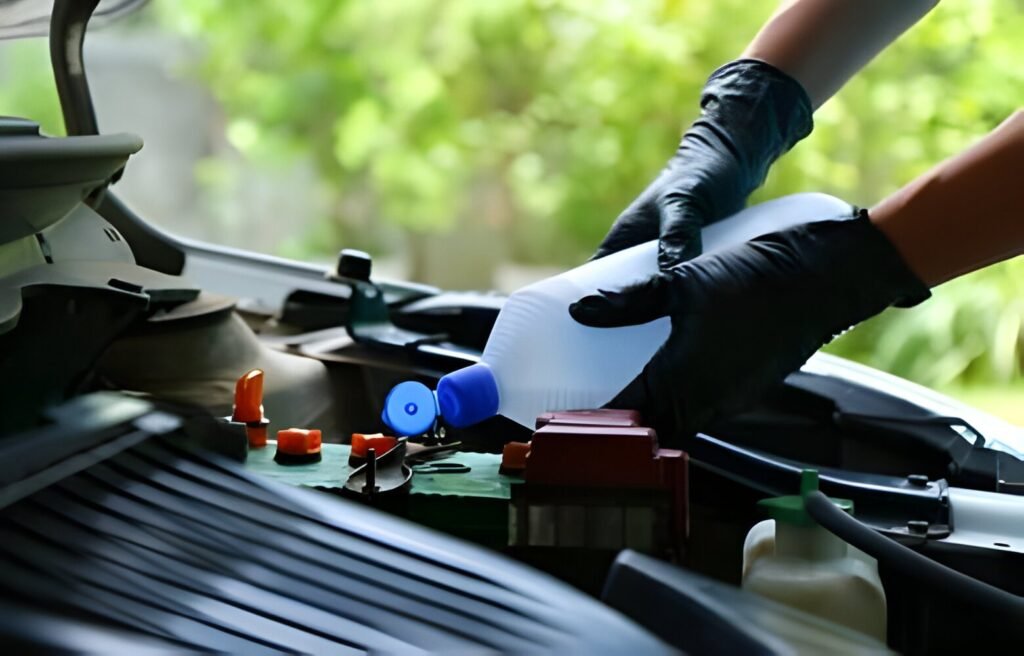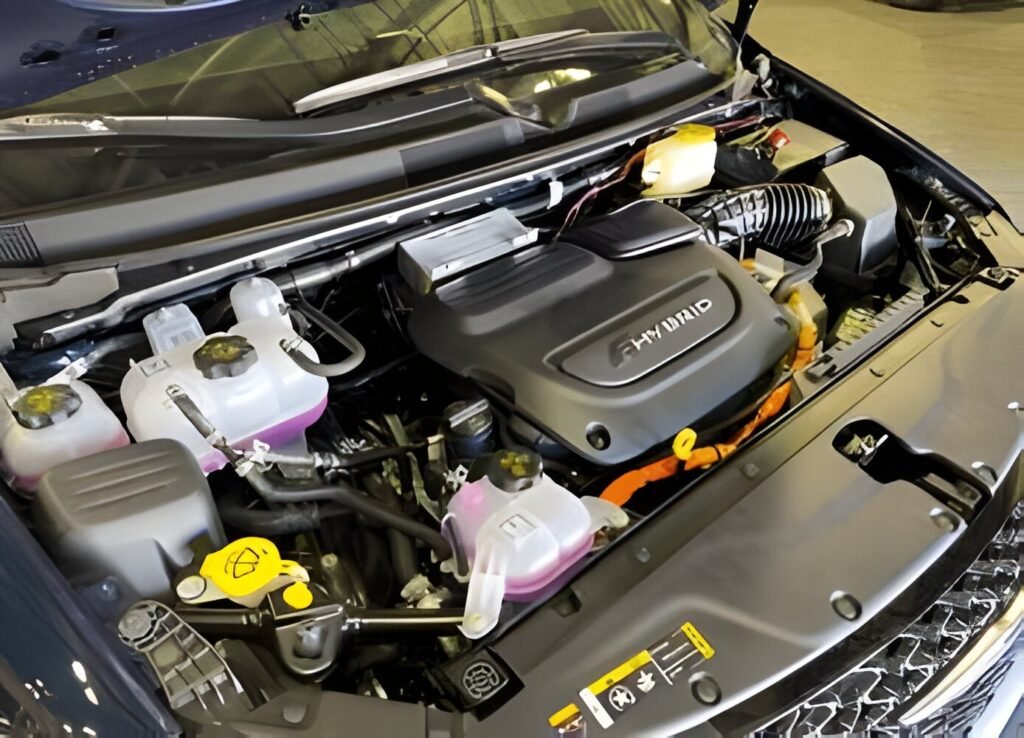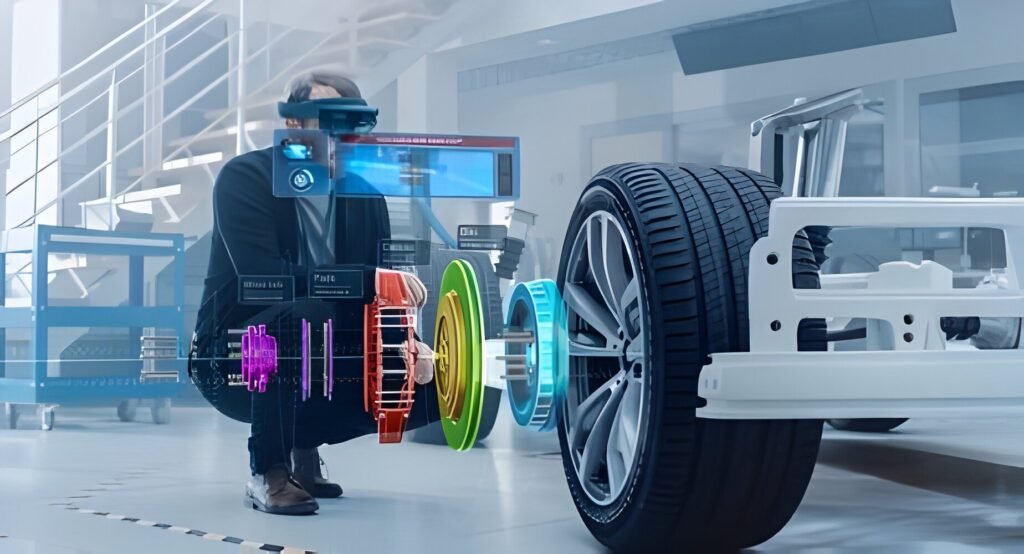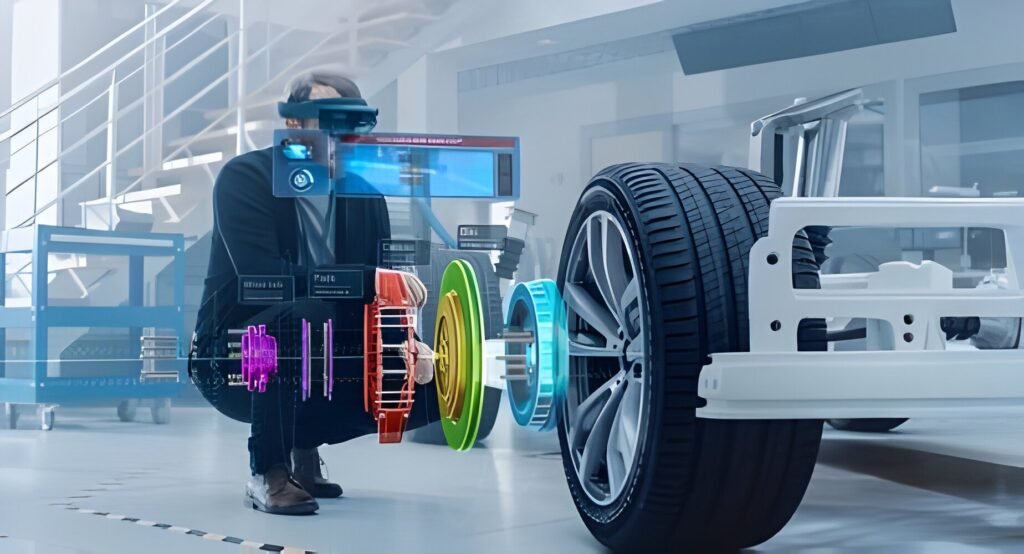Do Hybrid Cars Require More Maintenance? A Comprehensive Guide
Hybrid cars have gained immense popularity in recent years due to their eco-friendly nature and potential cost savings on fuel. However, many potential buyers wonder if owning a hybrid means dealing with higher maintenance costs compared to conventional vehicles. Let’s delve into this topic to understand whether hybrid cars require more maintenance.

Understanding Hybrid Cars
Before we explore maintenance requirements, it’s crucial to understand how hybrid cars work. These vehicles combine a traditional internal combustion engine with an electric motor and battery pack. The electric motor assists the engine during acceleration and at low speeds, reducing fuel consumption and emissions.
Maintenance Considerations
When it comes to maintenance, several factors differentiate hybrid cars from their gasoline counterparts. Let’s break down these considerations:
Battery Maintenance
One of the primary concerns for hybrid owners is the battery pack. Unlike conventional vehicles, hybrids use high-voltage batteries to power the electric motor. While these batteries are designed to last for many years, they may require replacement eventually, which can be costly.
Longevity:
Most hybrid batteries come with a warranty ranging from 8 to 10 years or more, offering peace of mind to owners.
Replacement Cost:
Battery replacement costs vary depending on the make and model of the vehicle but can range from $1,000 to $6,000 or more.
Maintenance Tips:
To prolong battery life, follow manufacturer recommendations and avoid deep discharges. Regular inspections by certified technicians can also help identify potential issues early.

Engine Maintenance
Hybrid vehicles still have internal combustion engines, albeit smaller and more efficient than those found in traditional cars. Basic engine maintenance tasks such as oil changes, filter replacements, and tune-ups are still necessary.
Oil Changes:
While hybrids generally require fewer oil changes due to the engine shutting off during idle periods, regular oil maintenance is essential for optimal performance.
Filter Replacements:
Air and cabin filters should be replaced according to the manufacturer’s recommendations to ensure clean air intake and HVAC system efficiency.
Tune-Ups:
Scheduled tune-ups help keep the engine running smoothly and identify any underlying issues.

Brakes and Regenerative Braking
Hybrid vehicles utilize regenerative braking, which converts kinetic energy into electric energy to recharge the battery. This feature can lead to reduced wear and tear on brake pads and rotors compared to traditional braking systems.
Brake Maintenance:
While hybrid brakes may last longer due to regenerative braking, periodic inspections are still necessary to ensure optimal performance. Technicians should check brake pads, rotors, and brake fluid levels during routine maintenance.
Comparing Maintenance Costs
To determine whether hybrid cars require more maintenance, let’s compare the estimated maintenance costs of hybrid and gasoline vehicles over a five-year period:
| Maintenance Item | Hybrid Car | Gasoline Car |
| Oil Change | $100-$150 | $200-$300 |
| Brake Replacement | $200-$400 | $300-$600 |
| Battery Replacement | $1000-$6,000 | N/A |
| Total Estimated Cost | $1,300-$6,550 | $500-$900 |

Routine Maintenance for Hybrid Cars
Hybrid cars, like all vehicles, require regular maintenance to ensure optimal performance and longevity. Here’s a breakdown of routine maintenance tasks to keep your hybrid running smoothly:
1. Oil Changes:
While hybrid engines often require fewer oil changes than traditional vehicles due to their ability to shut off during idle periods, it’s still essential to follow manufacturer recommendations. Typically, oil changes are recommended every 5,000 to 7,500 miles, but consult your owner’s manual for specific guidelines.
2. Battery Inspections:
Hybrid batteries play a crucial role in powering the electric motor. Periodic inspections by certified technicians can help identify any issues early, such as corrosion or leaks, ensuring continued performance.
3. Fluid Checks:
Regularly check fluid levels, including coolant, brake fluid, and transmission fluid, to ensure proper lubrication and cooling of vital components.
4. Tire Maintenance:
Proper tire maintenance is essential for safety and efficiency. Rotate your tires regularly to promote even wear and replace them when tread depth becomes insufficient.
5. Brake Inspections:
Hybrid vehicles utilize regenerative braking, which can lead to reduced wear on brake pads and rotors. However, it’s still important to have your brakes inspected regularly to ensure optimal performance and safety.
6. Air Filter Replacements:
Replace air filters according to manufacturer recommendations to maintain clean air intake and improve engine efficiency.
7. Scheduled Tune-Ups:
Scheduled tune-ups help keep your hybrid engine running smoothly and identify any underlying issues before they escalate into costly repairs.

Repairs & Troubleshooting
Despite regular maintenance, hybrid cars may occasionally require repairs or troubleshooting. Here are some common issues and how to address them:
1. Battery Issues:
If you experience issues with your hybrid battery, such as decreased performance or warning lights on the dashboard, it’s essential to have it inspected by a qualified technician. Depending on the severity of the issue, repairs or battery replacement may be necessary.
2. Electric Motor Problems:
Hybrid cars rely on electric motors to assist the engine, so any issues with motor performance should be addressed promptly. This may involve diagnostics to identify the root cause and repairs to the motor or associated components.
3. Check Engine Light:
If the check engine light illuminates on your dashboard, it’s a sign that something is amiss with your vehicle. Have the code scanned by a professional to determine the underlying issue and proceed with necessary repairs.
4. Brake System
Concerns: While regenerative braking can reduce wear on brake pads, issues with the braking system should not be ignored. If you notice any unusual noises or decreased braking performance, have your brakes inspected immediately.
5. Hybrid System Warning Lights:
Modern hybrid vehicles are equipped with sophisticated onboard diagnostics that can detect issues with the hybrid system. If you receive any warning lights related to the hybrid system, consult a certified technician for diagnosis and repairs.
By staying proactive with routine maintenance and addressing any issues promptly, you can keep your hybrid car in top condition for years to come. If you encounter any problems beyond your expertise, don’t hesitate to seek assistance from qualified professionals to ensure the safety and reliability of your vehicle.
Is there any difference between the maintenance of hybrid cars and normal cars? A Comprehensive Guide
Hybrid motors with this beneficial feature are becoming a favorite, which is good for the wallet and climate. However, many capable customers marvel at proudly owning a hybrid way of coping with better preservation costs than traditional motors. Let’s delve into this subject matter to Assess whether further preservation is required for hybrid autos.

FAQs
Q: In addition, the pricing of a hybrid engine might be higher than that of a fuel-burning one.
A: While hybrid motors might also have better upfront costs and capability battery substitute fees, their usual upkeep fees may correspond to or be lower than the ones of fuel cars.
Q: How often do hybrid batteries want to be replaced?
A: Hybrid batteries are designed to last decades and regularly include 8 to 10 years or more warranties. However, alternatives may be vital after this era, relying on usage and environmental elements.
Q: Do hybrid motors require specialized preservation services?
A: While hybrid automobiles have unique additives, including battery packs and electric cars, many maintenance duties may be done with certified technicians familiar with hybrid generation.
Conclusion
In conclusion, even though hybrid vehicles can also have excellent preservation requirements compared to conventional automobiles, they do not always require extra maintenance overall. Following producer recommendations and scheduling ordinary inspections, hybrid proprietors can enjoy dependable overall performance and potential fee savings. Whether you pick out a hybrid or gas car, proper upkeep is critical to maximizing your car’s lifespan and efficiency.
